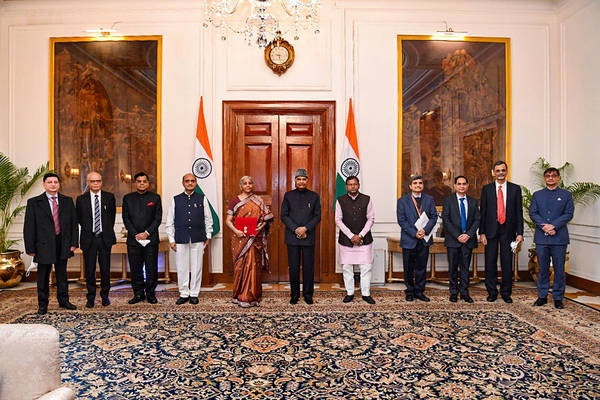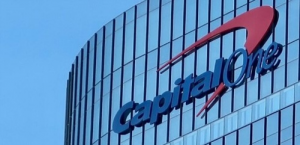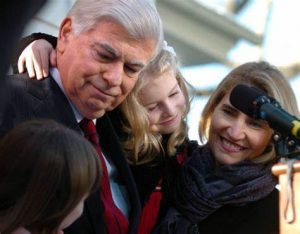While delivering the Union Budget, Finance Minister Nirmala Sitharaman announced five river interlinking projects.
“The Ken-Betwa link will be built at a cost of Rs 44,605 crore to supply irrigation to 9.05 lakh hectares, drinking water to 65 lakh people, hydro and solar power,” the FM stated.
It is the first project in the National Perspective Plan for river interconnection. It proposes transporting water from the Ken to the Betwa rivers, both of which are tributaries of the Yamuna. The Ken-Betwa Link Canal will be 221 kilometres long, with a 2-kilometre tunnel in the middle.
The project is divided into two phases, each having four major components. One of the components — the Daudhan Dam complex and it’s subsidiary units such as the Low-Level Tunnel, High-Level Tunnel, Ken-Betwa Link Canal, and power buildings — will be involved in Phase I. Lower Orr Dam, Bina Complex Project, and Kotha Barrage are the three components of Phase II. According to the Jal Shakti Ministry, the project will provide yearly irrigation for 10.62 lakh hectares, provide drinking water for about 62 lakh people, and create 103 MW of hydropower and 27 MW of solar power.
At 2020-21 price levels, the entire cost of the Ken-Betwa link project has been estimated to be Rs.44,605 crore. According to the announcement, the Union Cabinet has authorised central funding for the project totalling Rs.39,317 crore, which includes a grant of Rs.36,290 crore and a loan of Rs.3,027 crore. According to the announcement, the project is expected to be completed in eight years using “state-of-the-art technology.”
Environmentalists have been vocal in their opposition to these river-linking schemes, claiming that they will devastate water bodies and have a negative impact on local biodiversity.
According to environmentalists, the Ken-Betwa project will destroy the Panna Tiger Reserve in Madhya Pradesh.






